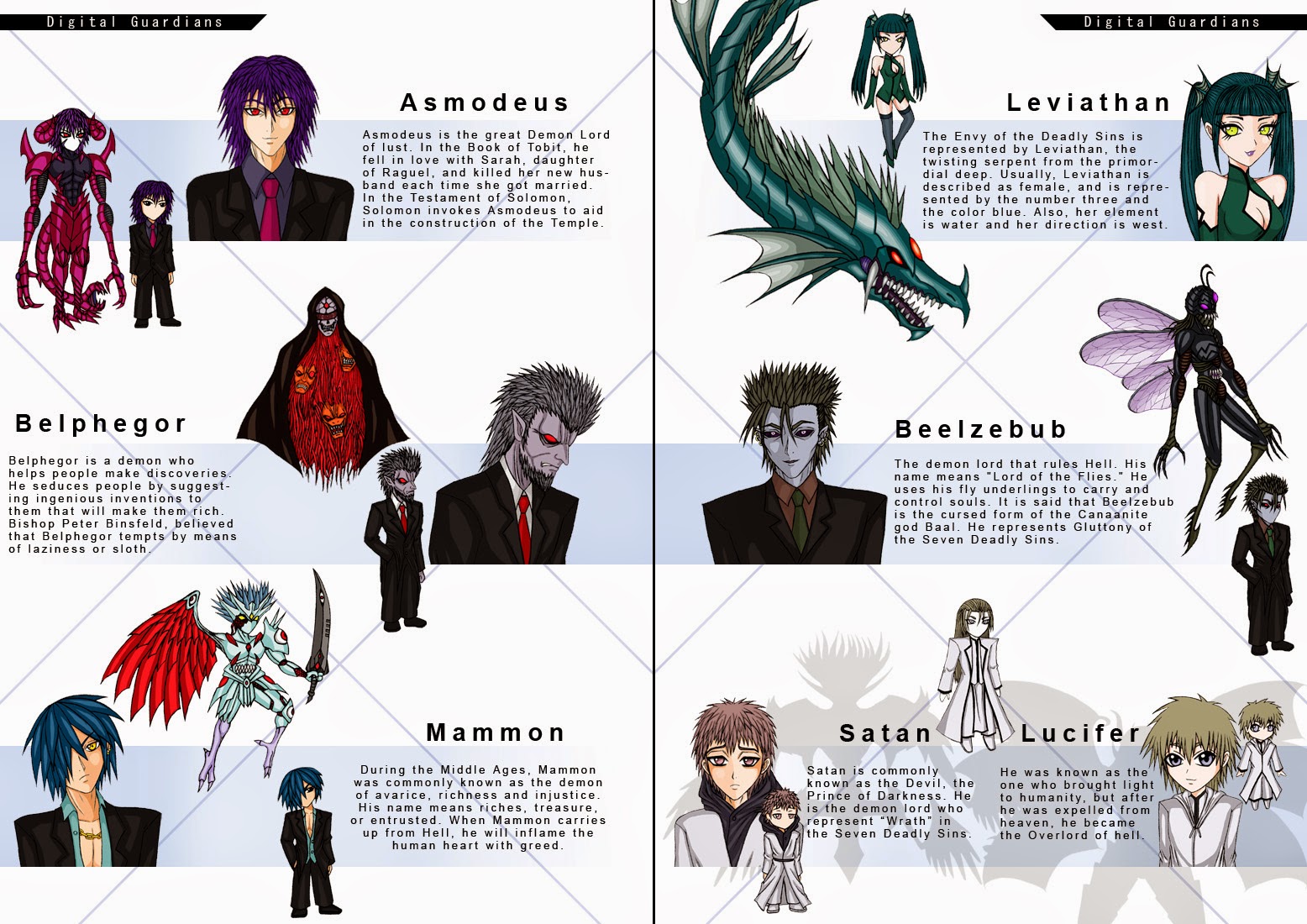The concept of the 7 deadly sins has captivated the imagination of many, serving as a moral compass in literature, art, and theology for centuries. These sins encapsulate the darker aspects of human nature, reminding us of the perpetual struggle between virtue and vice. In this article, we will explore the names of these sins, their meanings, and how they manifest in our lives today.
Each of the 7 deadly sins represents a particular flaw in human character, often leading individuals down a path of moral degradation. The names of these sins have become synonymous with various societal issues and personal struggles, making them relevant even in contemporary discussions of ethics and morality. Understanding the 7 deadly sins names not only provides insight into human behavior but also serves as a cautionary tale about the consequences of unchecked desires.
In a world that often glorifies excess and indulgence, the 7 deadly sins names invite us to reflect on our own choices and the potential ramifications of our actions. By delving into the meanings and implications of these sins, we can better navigate the complexities of human emotions and relationships. Join us as we unpack the 7 deadly sins names and explore their significance in both historical and modern contexts.
What Are the 7 Deadly Sins Names?
The 7 deadly sins are often referred to as the "capital vices" in Christian theology, each representing a fundamental moral failing. Here are the names of the 7 deadly sins:
- Greed - An excessive desire for wealth or possessions.
- Lust - An intense longing for sexual desires.
- Gluttony - Overindulgence in food or drink.
- Wrath - Extreme anger or hatred towards others.
- Envy - Jealousy towards another's advantages or possessions.
- Pride - An inflated sense of one's own worth or abilities.
- Sloth - Laziness or a failure to act and utilize one’s talents.
How Do the 7 Deadly Sins Names Impact Our Lives?
The 7 deadly sins names serve as a framework for understanding our actions and motivations. Each sin can manifest in various ways, influencing our relationships, career choices, and overall well-being. For instance:
- Greed may lead to unethical business practices.
- Lust can result in broken relationships and emotional turmoil.
- Gluttony may contribute to health issues.
- Wrath can lead to violence or conflict.
- Envy can create rifts between friends and family.
- Pride may hinder personal growth and learning.
- Sloth can prevent us from achieving our full potential.
What Are the Historical Origins of the 7 Deadly Sins Names?
The origins of the 7 deadly sins can be traced back to early Christian teachings, particularly in the works of theologians like St. Augustine and St. Thomas Aquinas. These sins were identified as fundamental flaws that could lead individuals away from a virtuous life. The categorization of these sins aimed to provide a comprehensive understanding of moral failings and their consequences.
How Are the 7 Deadly Sins Names Represented in Literature and Art?
The influence of the 7 deadly sins names extends into literature and art, where they have been depicted in various forms. From Dante Alighieri's "Inferno" to modern films and novels, these sins often serve as central themes that drive character development and plot. Artists have used the sins as a means to explore human nature, morality, and the consequences of vice.
Can We Overcome the 7 Deadly Sins Names?
Despite their negative connotations, the 7 deadly sins names can also be viewed as opportunities for personal growth. Recognizing these flaws allows individuals to take proactive steps towards change. Here are some strategies for overcoming these sins:
- Self-Reflection: Regularly assess your thoughts and actions.
- Set Goals: Establish personal and professional goals that align with your values.
- Seek Support: Engage with friends or a community that promotes positive behavior.
- Practice Gratitude: Focus on what you have rather than what you lack.
What Role Do the 7 Deadly Sins Names Play in Modern Society?
In today’s fast-paced world, the 7 deadly sins names are more relevant than ever. They serve as reminders of the potential pitfalls of modern life, such as consumerism, social media envy, and the pursuit of instant gratification. By understanding these sins, we can develop healthier relationships with ourselves and others.
Conclusion: How Can We Apply the Lessons of the 7 Deadly Sins Names?
The 7 deadly sins names offer profound insights into human behavior and morality. By examining these sins, we can gain a deeper understanding of ourselves and the society we live in. It’s crucial to recognize that while these sins may be inherent to our nature, they do not have to define us. Through conscious effort and reflection, we can aspire to live more virtuous lives, steering clear of the traps laid by these timeless vices.




